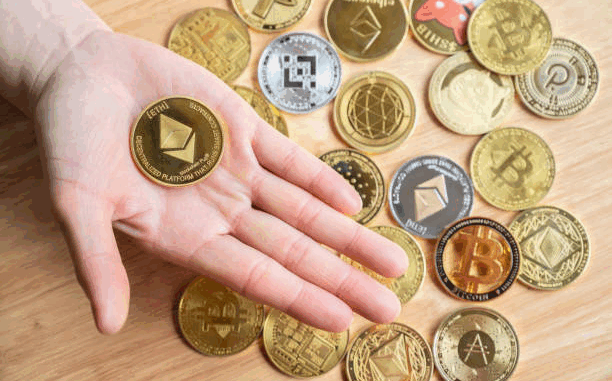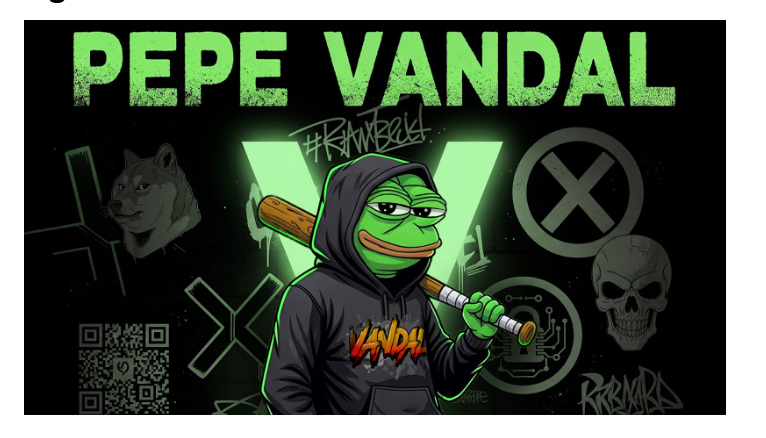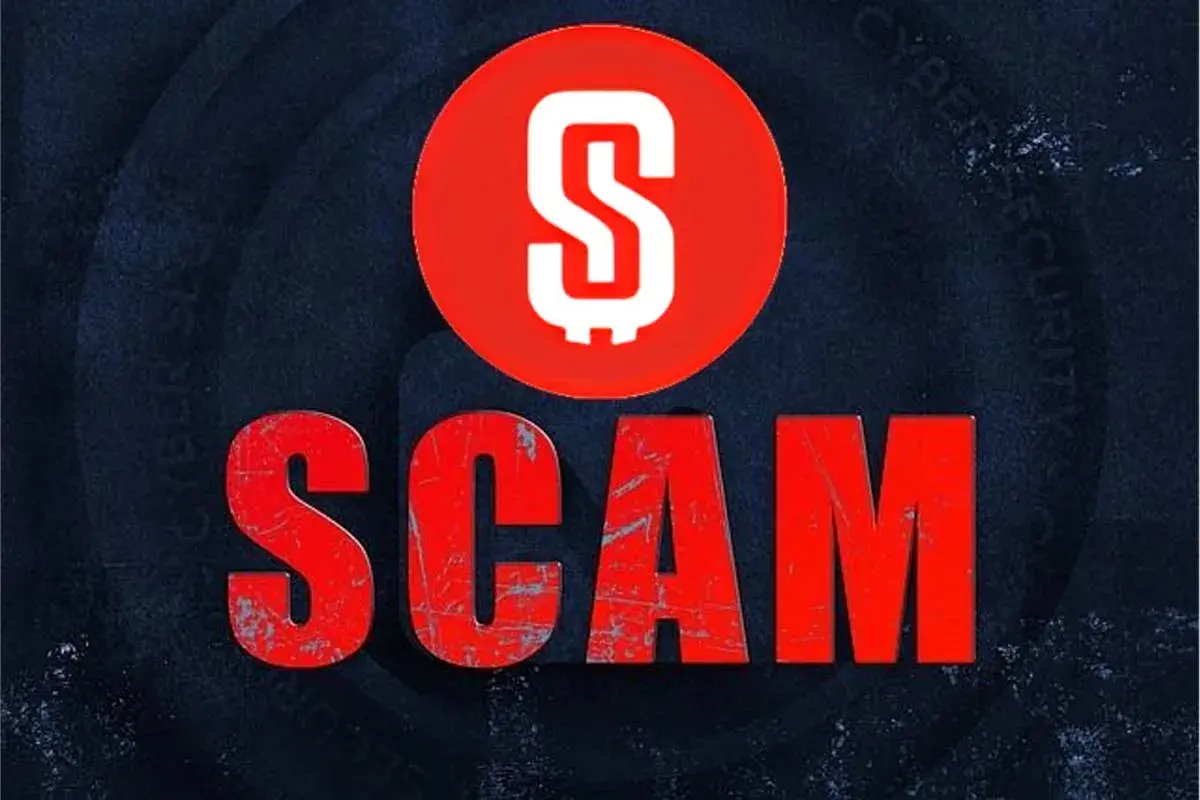Crypto is not just about code and coins. It is about reputation. A project’s brand, a founder’s track record, or even a single tweet can make or break billions in market value. Reputation in crypto works differently than in traditional finance, but the stakes are just as high. Once something sticks to your name on-chain or in Google results, it can haunt you for years.
Below are ten ways reputation collides with crypto, along with lessons and playbooks for projects, founders, and communities.
The Dead Whitepaper Problem
The sacred text of crypto was white papers. Investors evaluated projects on the basis of the impressiveness of the PDF design and the daringness of the roadmap. However, in truth, a lot of whitepapers can now be found as an artifact of the promises that were not fulfilled.
Take the case of EOS. Its 2017 whitepaper described a decentralized operating system having throughput that would scale up to millions of transactions per second. Flash forward, and the project did not reach such numbers.
Search results are also filled with outdated roadmaps. Google’s Tron whitepaper promises, and you still find forums ridiculing unmet promises.
Founder Reputation Arbitrage
Some founders in crypto consider their reputation their wallet. When one of the projects does not succeed, they just start another one under a different alias or under a shell company. Sometimes it works. The internet is sometimes unforgettable.
One such example is Justin Sun. Sun initiated and marketed new businesses after the scandalous decision-making at Tron. His reputation arbitrage is demonstrated through his skills to spin up projects. The name might change, but the history is behind it.
Reputation Liquidity in DeFi Lending
DeFi lending platforms often act as if reputation can be boiled down to collateral. Your wallet address either posts enough assets or it doesn’t. But some protocols are experimenting with pseudo-reputation systems.
The Reputation Fallout of a Smart Contract Audit
Smart contract audits should mean safety. But in practice, they are also PR weapons. Projects brag about audits even if the audit firm is obscure or if issues were unresolved. Some call this “audit theater.”
When Ronin Network was hacked for $600 million in 2022, it had been audited. The hack destroyed trust not just in the project but also.
Social Reputation Farming on Airdrops
Airdrops create reputation economies of their own. People build entire online personas designed to qualify for tokens. Join Discord. Post on Twitter. Test every beta. Then they brag about their “airdrop hunter” identities.
But there is reputational risk too. Some hunters get called out for gaming systems with hundreds of fake wallets. Projects blacklist them, and their online personas get tagged as fraudsters.
On-Chain Reputation and Cancel Culture
In crypto, cancel culture is literal. Once your wallet address is linked to laundering, scams, or hacks, it can be blacklisted forever. Some DeFi protocols will refuse interaction with those addresses. Communities will tag them publicly.
But here’s the ethical puzzle. Should one mistake follow you forever? In traditional finance, you can rehabilitate credit.
NFT Artist Reputation in Secondary Markets
Floor prices are directly related to the reputation of an NFT artist. Demand can be killed with a single tweet, scandal, plagiarism issue, or controversial tweets. In a situation where the NFT project of Logan Paul was accused of plagiarism, the resale prices plummeted.
Playbook:
- Artists are to actively police the secondary markets and resort to takedown tools.
- Build transparent stories about creation and inspiration to protect reputation.
- Collectors should research artist reputations as carefully as project roadmaps.
Influencer Reputation Collateral
One influencer tweet can pump or tank a project. In 2021, Elon Musk tweeted about Dogecoin and sent it flying. Later, he joked about it being a “hustle,” and prices fell. Reputation here becomes collateral. If influencers are exposed for paid shilling or dumping, their reputation takes a hit, and so does the project they endorsed.
Kim Kardashian was fined $1.26 million by the SEC for promoting EthereumMax without disclosure. That penalty shows how personal reputation risk blends.
Top Tools for Managing Crypto Reputation
Crypto reputation management blends traditional online monitoring with crypto-specific ORM. Three tools stand out:
Erase
A champion in eliminating malicious or obsolete content on the internet. Erase assists crypto projects and founders in hiding ancient whitepapers, getting rid of scam allegations, and cleaning up search results when a scandal strikes.
Brand24
An effective social chatter tracker. Crypto is trending quickly on Twitter, Reddit, and Telegram, and Brand24 flags mentions that are updated in real time.
Reputation Galaxy
A service that should increase good reviews and content. In case of negative coverage by crypto teams, Reputation Galaxy assists in establishing a balance with plausible positive indicators.
Final Take
Reputation in crypto is liquid, sticky, and public all at once. A single broken promise, hack, or tweet can stick in Google results forever. But with proactive strategies and the right tools, founders and projects can protect trust, repair credibility, and build communities that last.
In crypto, your code runs on-chain, but your reputation runs everywhere. Guard it.
- Pepeto Builds Momentum With Real Utility and 2025 Growth Forecasts
- Reputation in Crypto: 10 Traps Every Founder and Investor Must Avoid
- Scamcoin Could Turn Memes and Honesty Into a Movement
- Why The Smartest Monero Privacy Advocates Are Silently Accumulating XRP Tundra Tokens
- Pepeto Presale Surges Past $6.7M as Traders Eye 100x Potential















